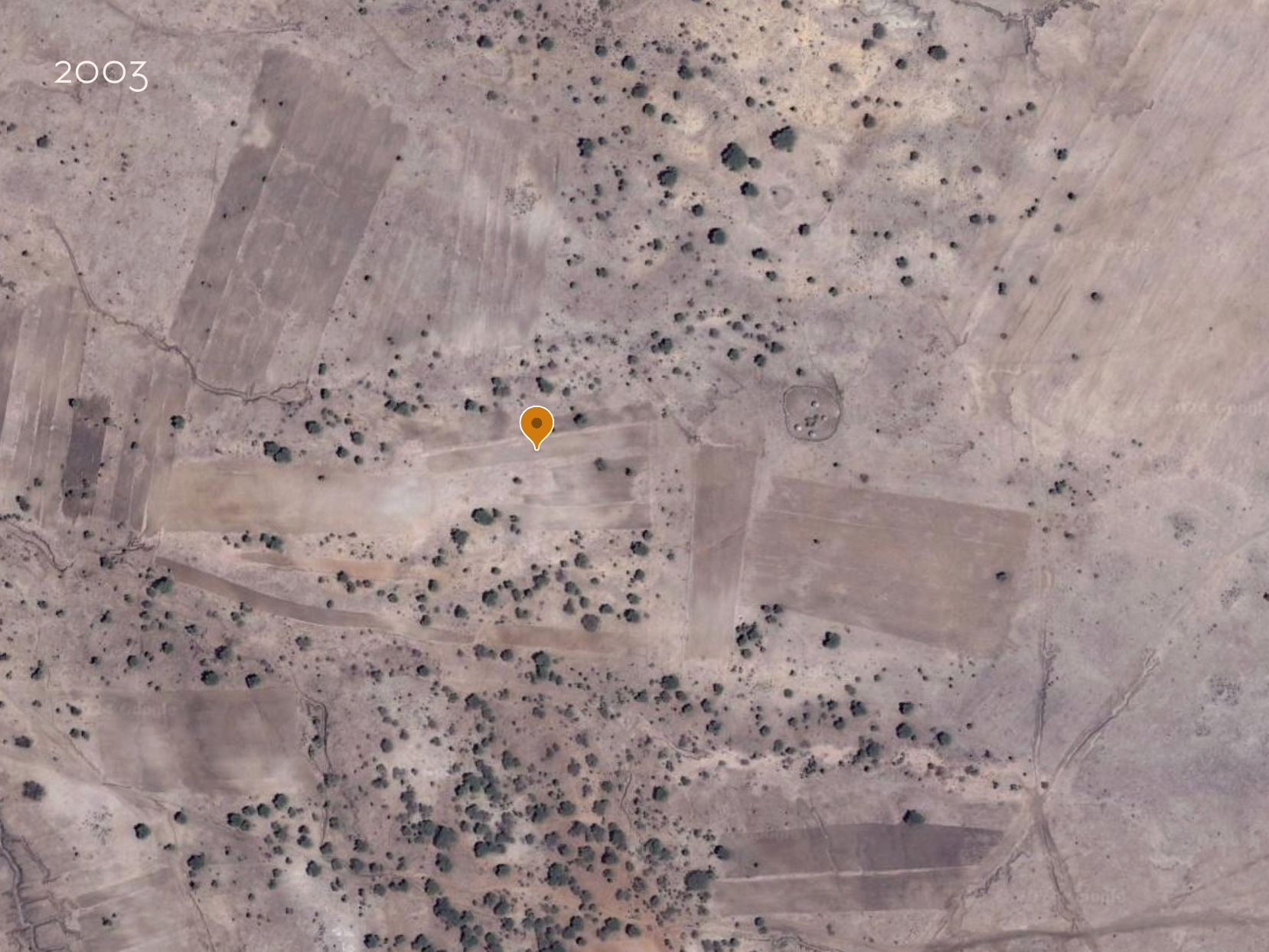Our Story
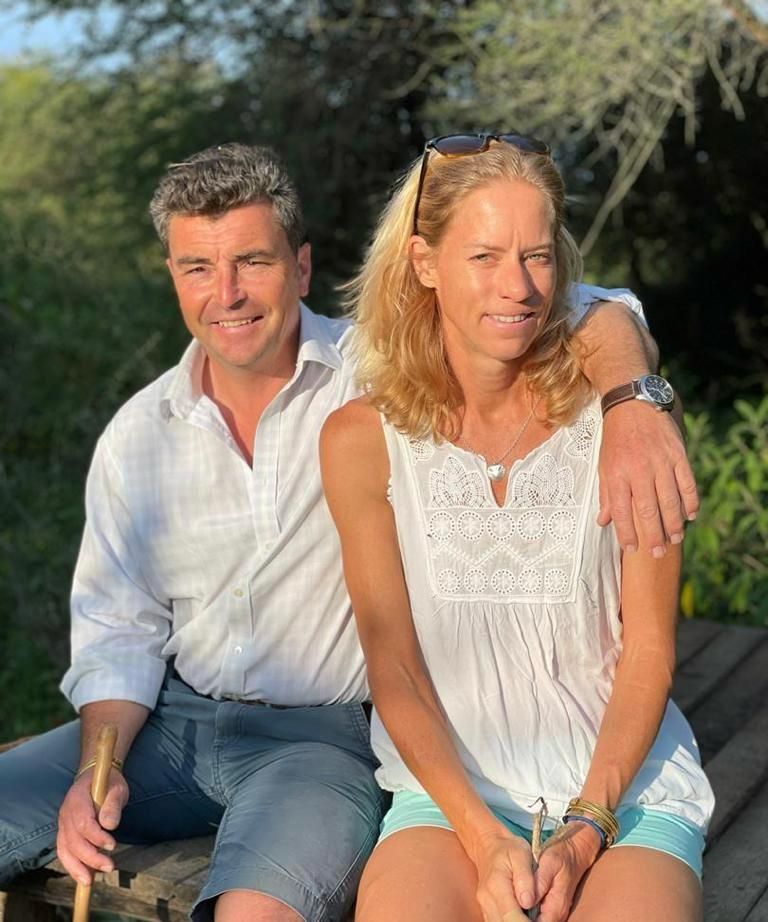
From Barren Land to Thriving Sanctuary
In 2007, Nick and Nat Harrison set out on a bold mission: to heal degraded land and uplift local communities through regeneration. They bought a struggling farm on the Maasai Steppe and looked to nature for answers. They noticed how the Great Migration keeps the Serengeti’s ecosystem healthy: large herds grazing, moving, and letting the land rest. Through trial and error, they developed regenerative farming methods that restored biodiversity, improved soil health, and supported rural livelihoods.
Their vision expanded, and in 2022, the Arusha Giraffe Centre was born – a sanctuary for rescued giraffes and an education hub for conservation and regeneration.
Our Mission
A Voice for the Silent Extinction
At the Arusha Giraffe Centre, we are dedicated to raising awareness of the Silent Extinction of giraffes and restoring the land they call home.
Our vision
Regenerating Our Landscapes
Our vision is to regenerate the Maasai Steppe and to become the educational hub for sustainable agriculture in East Africa.
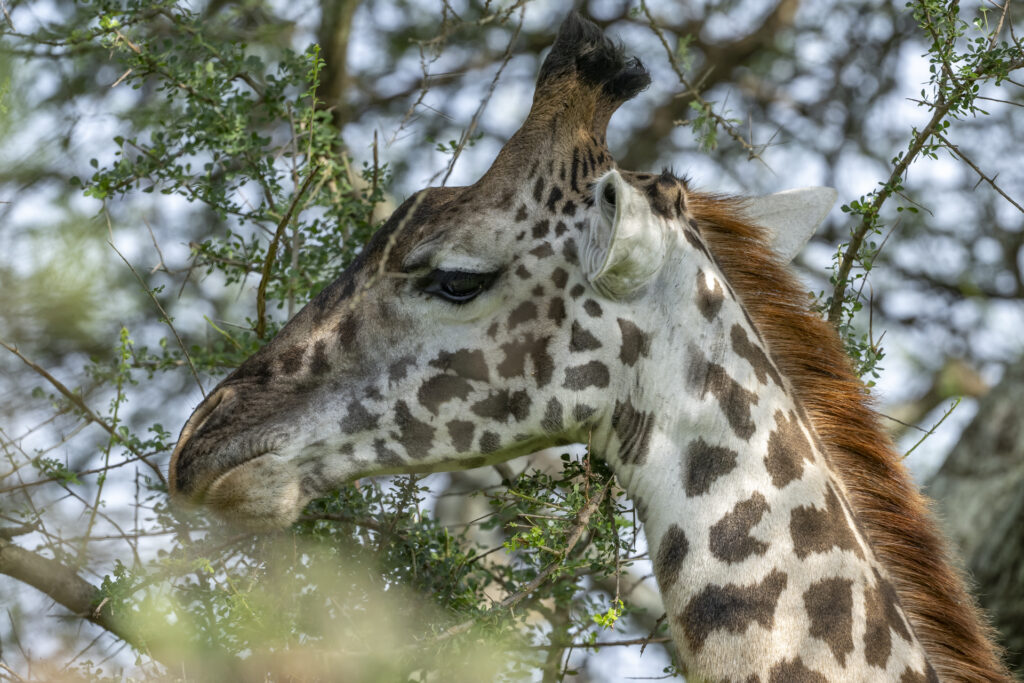
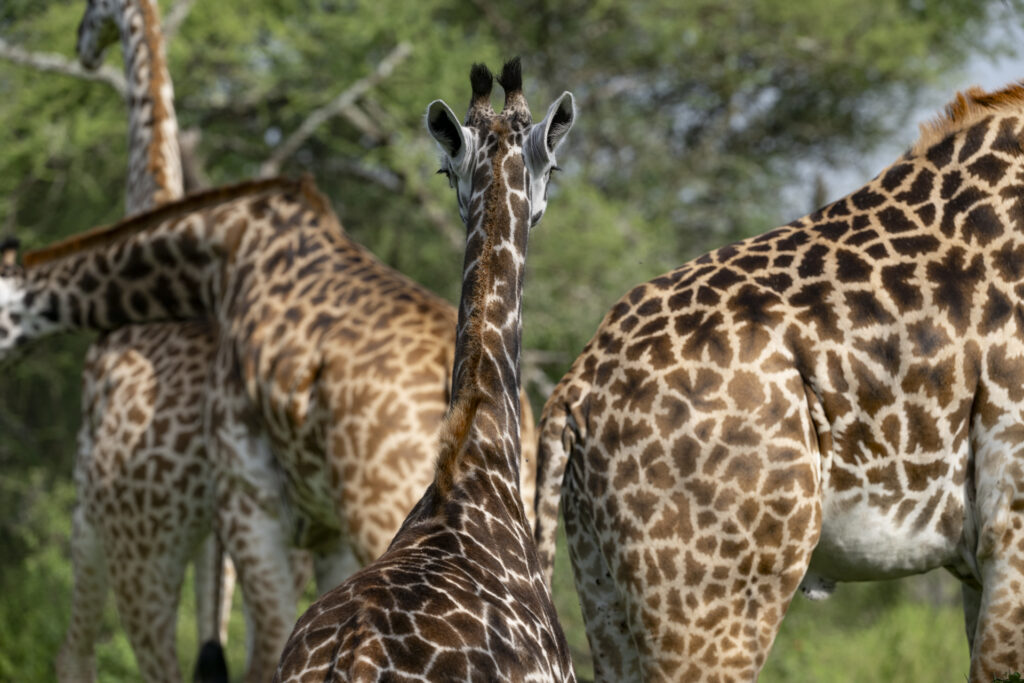
Our values
Wildlife
We are dedicated to protecting wildlife, particularly the Maasai giraffe, by addressing threats like poaching and habitat loss, ensuring their survival for future generations.
Environment
We focus on sustainable practices that regenerate and protect our environment, promoting conservation through education and hands-on initiatives that empower communities to care for their natural surroundings.
Community
We value partnerships and collaboration with local communities, organisations, and innovators to inspire and create solutions that are culturally relevant, impactful, and long-lasting for both people and wildlife.
Kisongo Farm
Nearly two decades ago, Nick and Nat purchased Kisongo Farm, a piece of land that had been exhausted by maize farming, with only a few trees remaining. They built their first straw bale house beneath three of those trees and set out to restore the land using simple, low-cost techniques that local farmers could easily replicate. Completely off-grid, they generate their own power, collect rainwater, and turn waste into valuable resources. Today, Kisongo Farm stands as a thriving model of regeneration, demonstrating how degraded land can be revived and communities can build a more sustainable future.
The image slider displays Google Earth images of the land in December 2003 and in December 2023, showing its transformation over 20 years.
Our Team
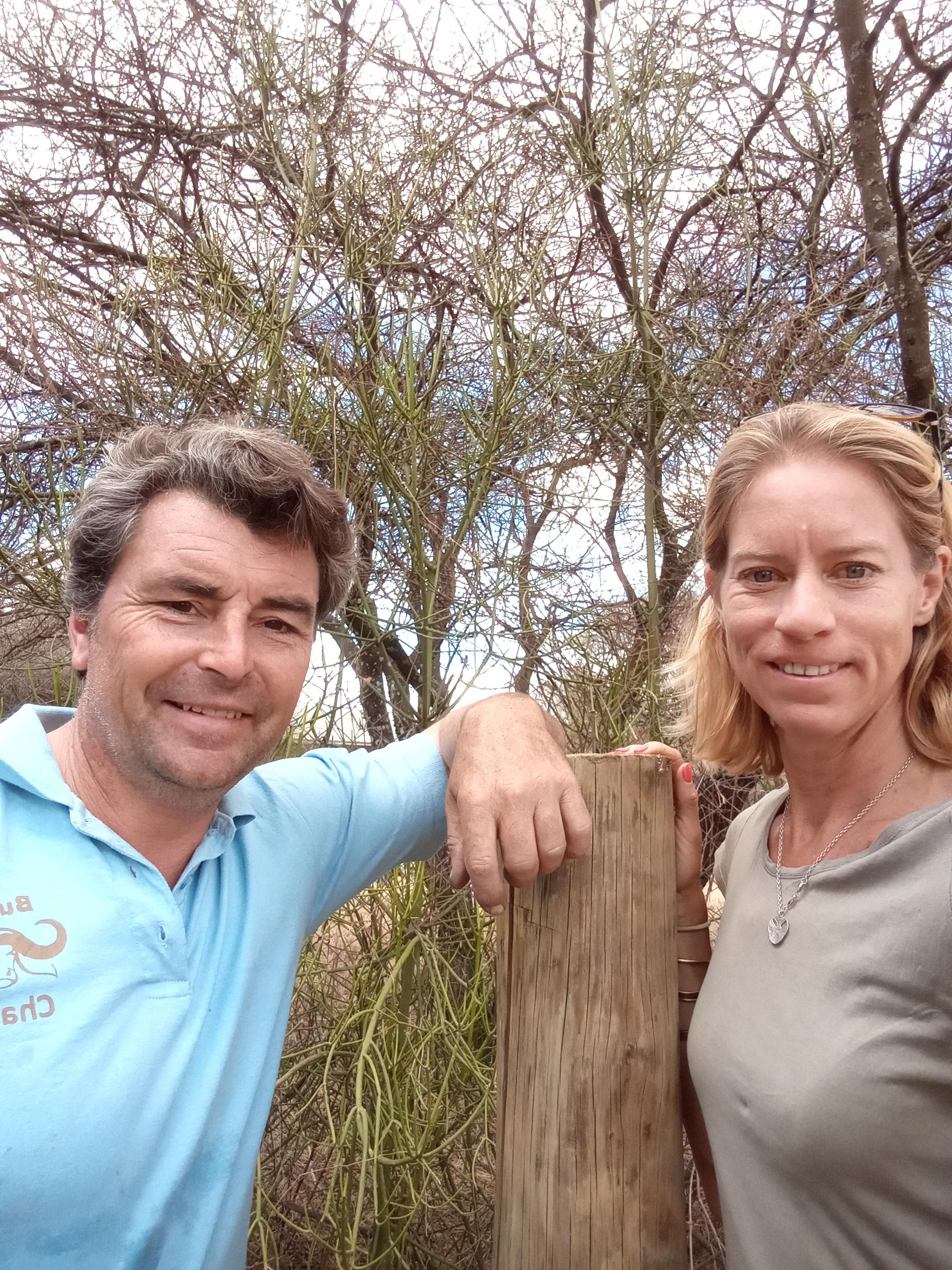
Nat & Nick
Co- Founders
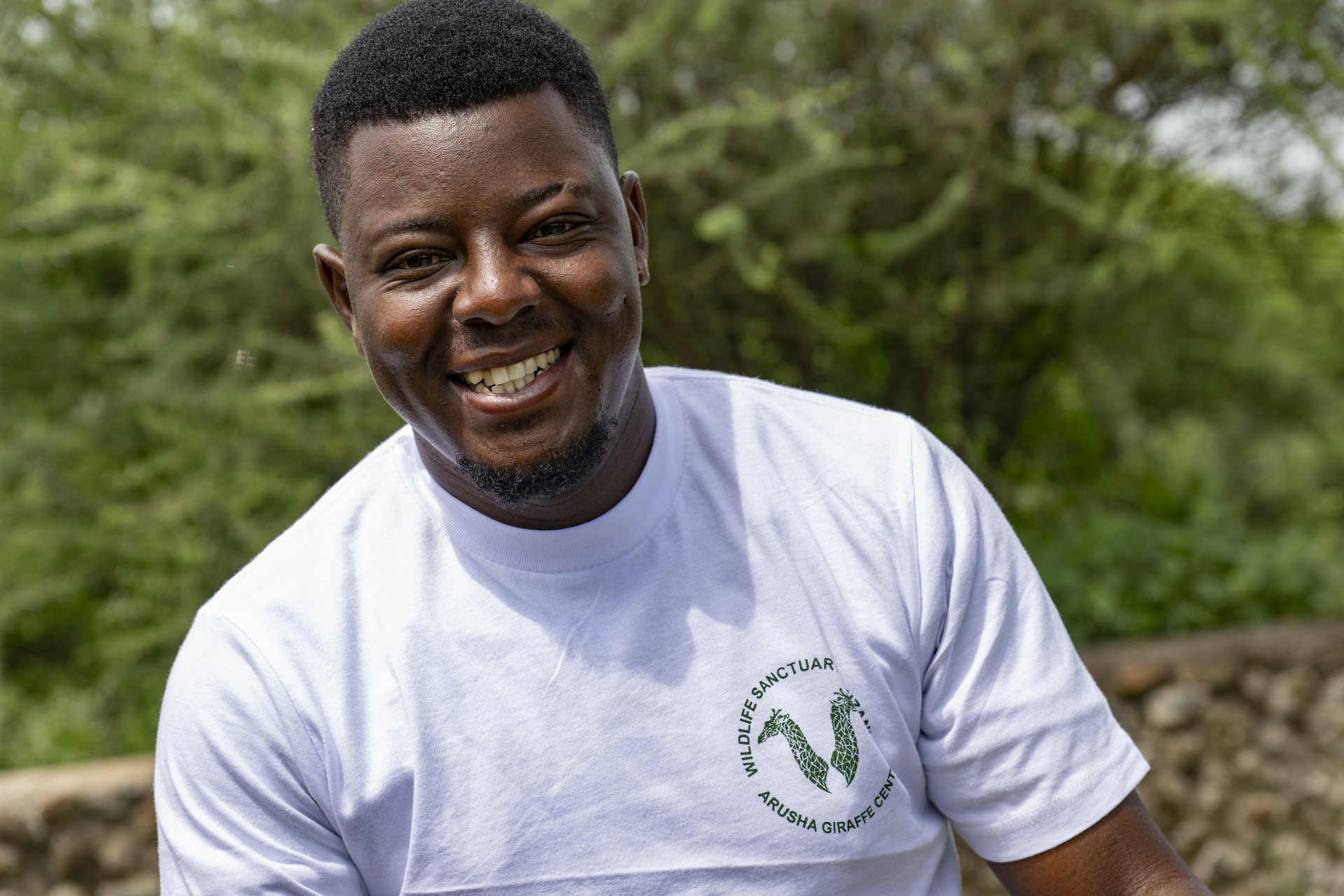
Joram
Assistant Manager
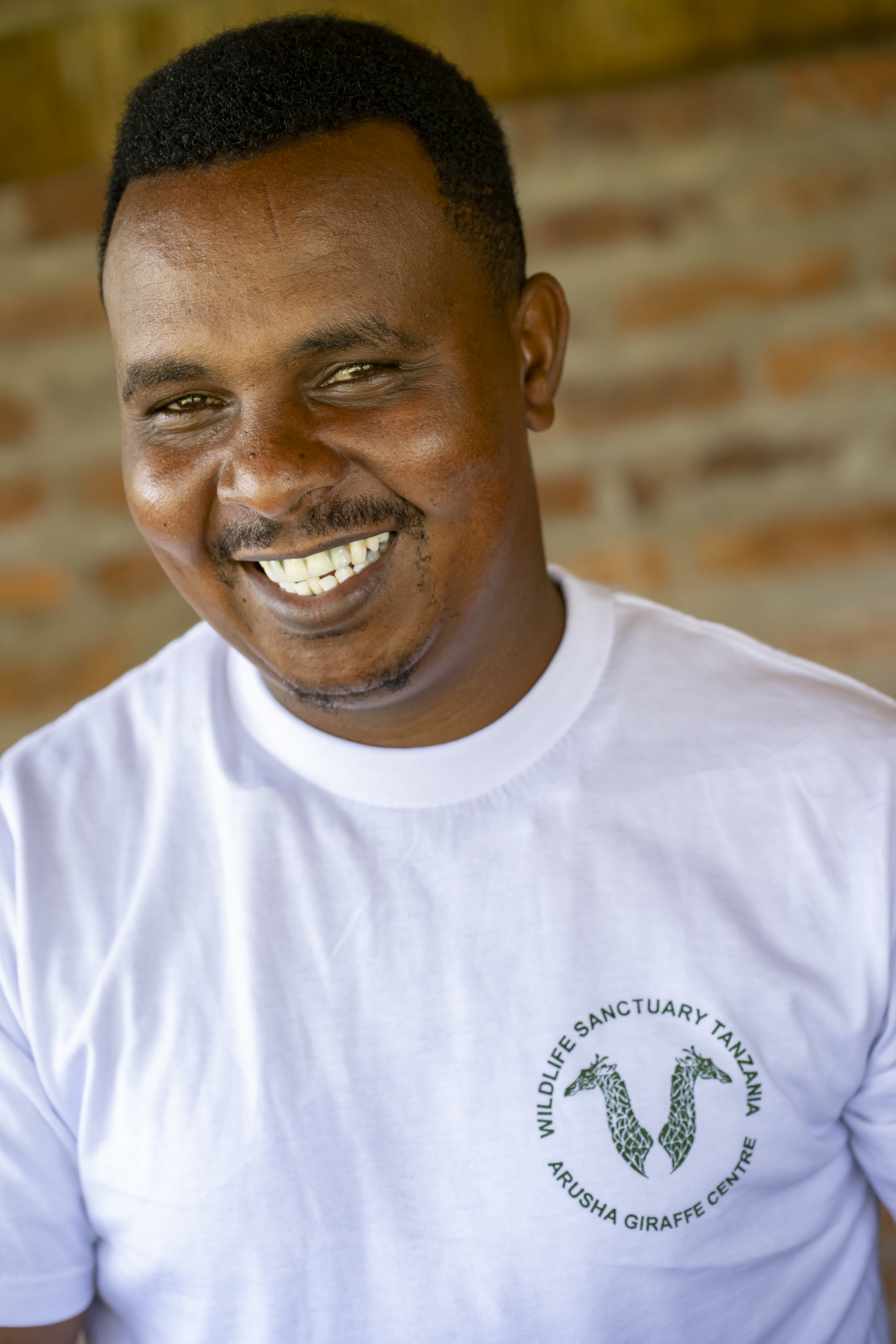
Emmanuel
Assistant Manager
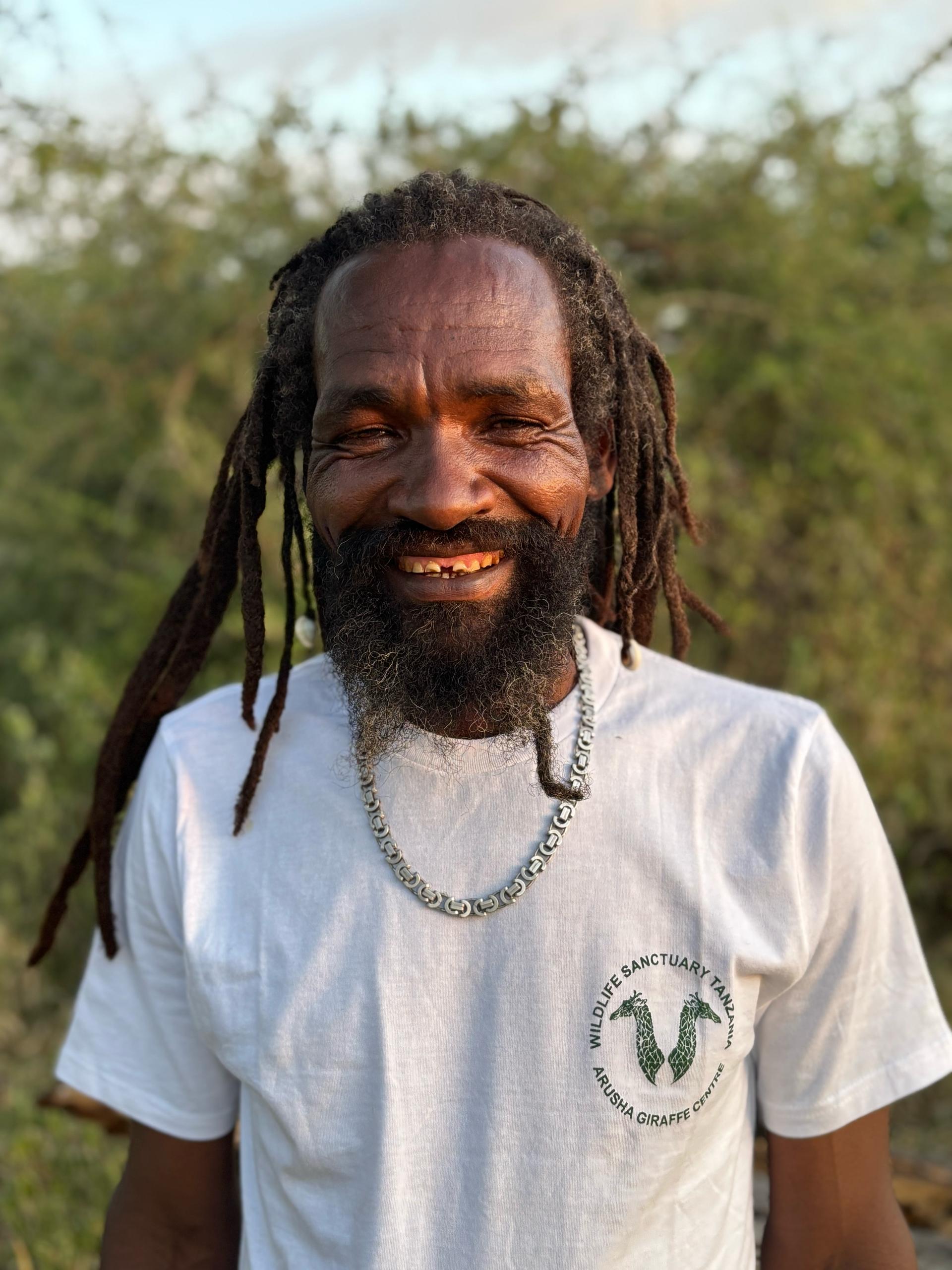
Rasta
Giraffe Guardian
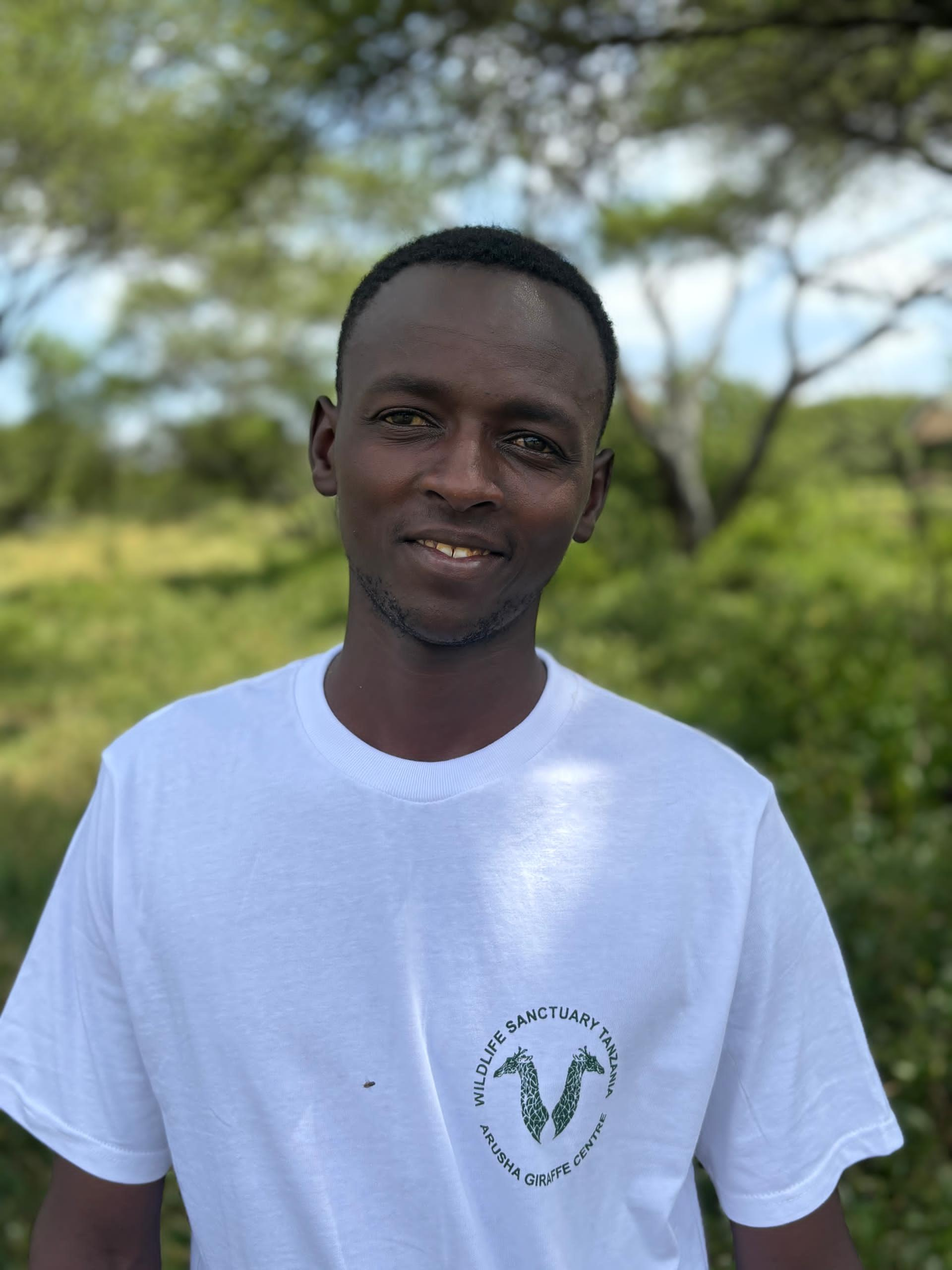
Lowassa
Giraffe Guardian
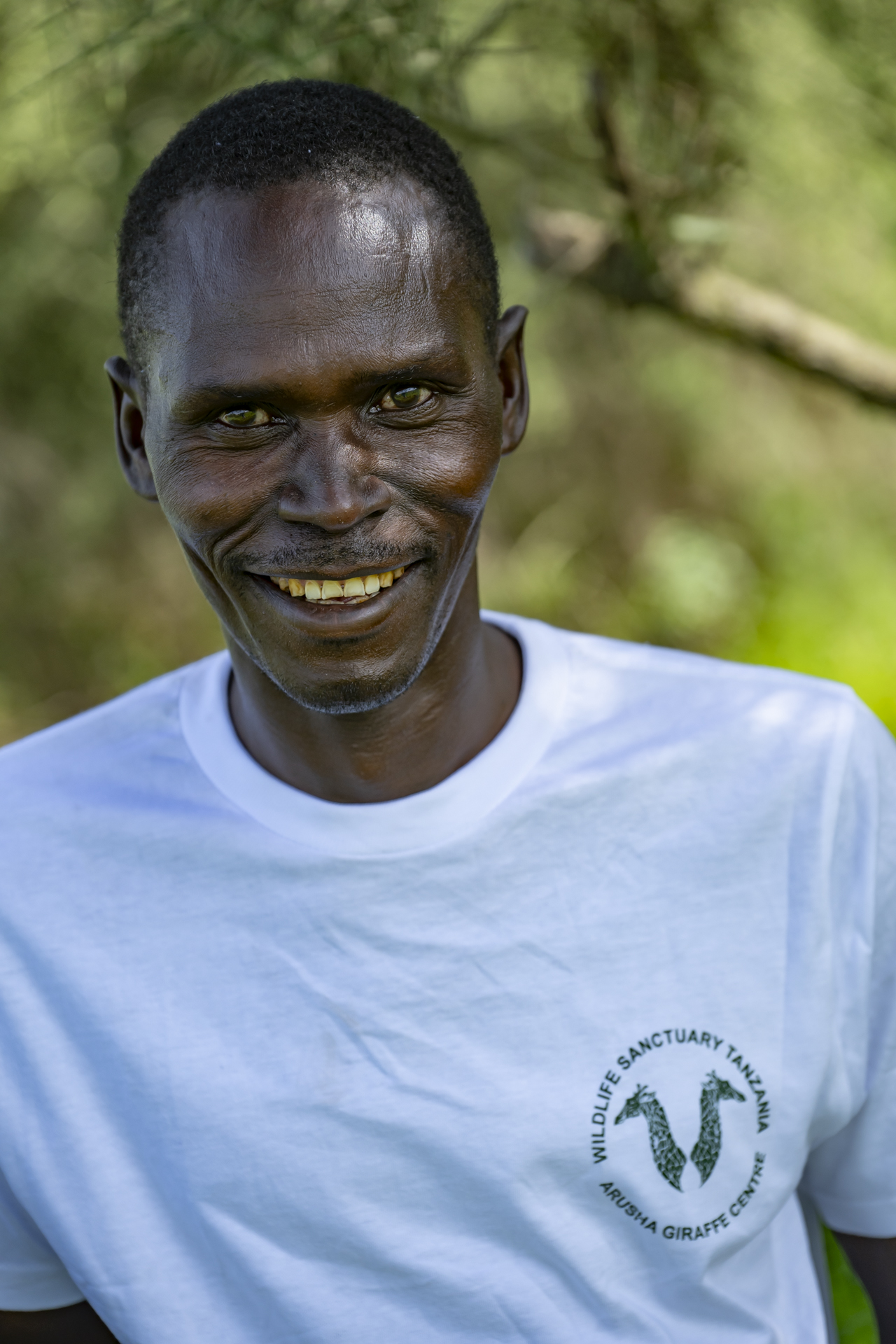
Likinderiki
Giraffe Guardian

